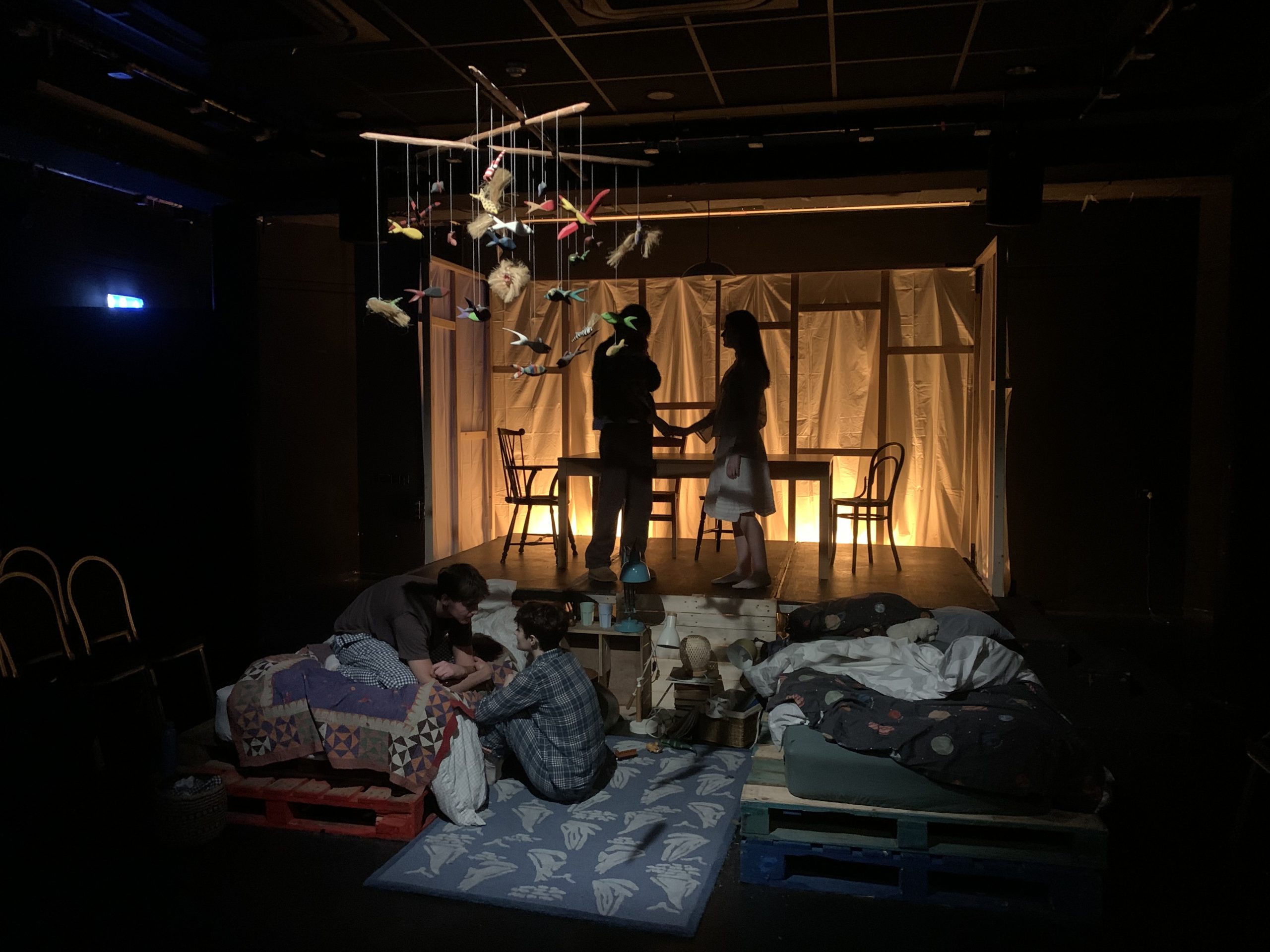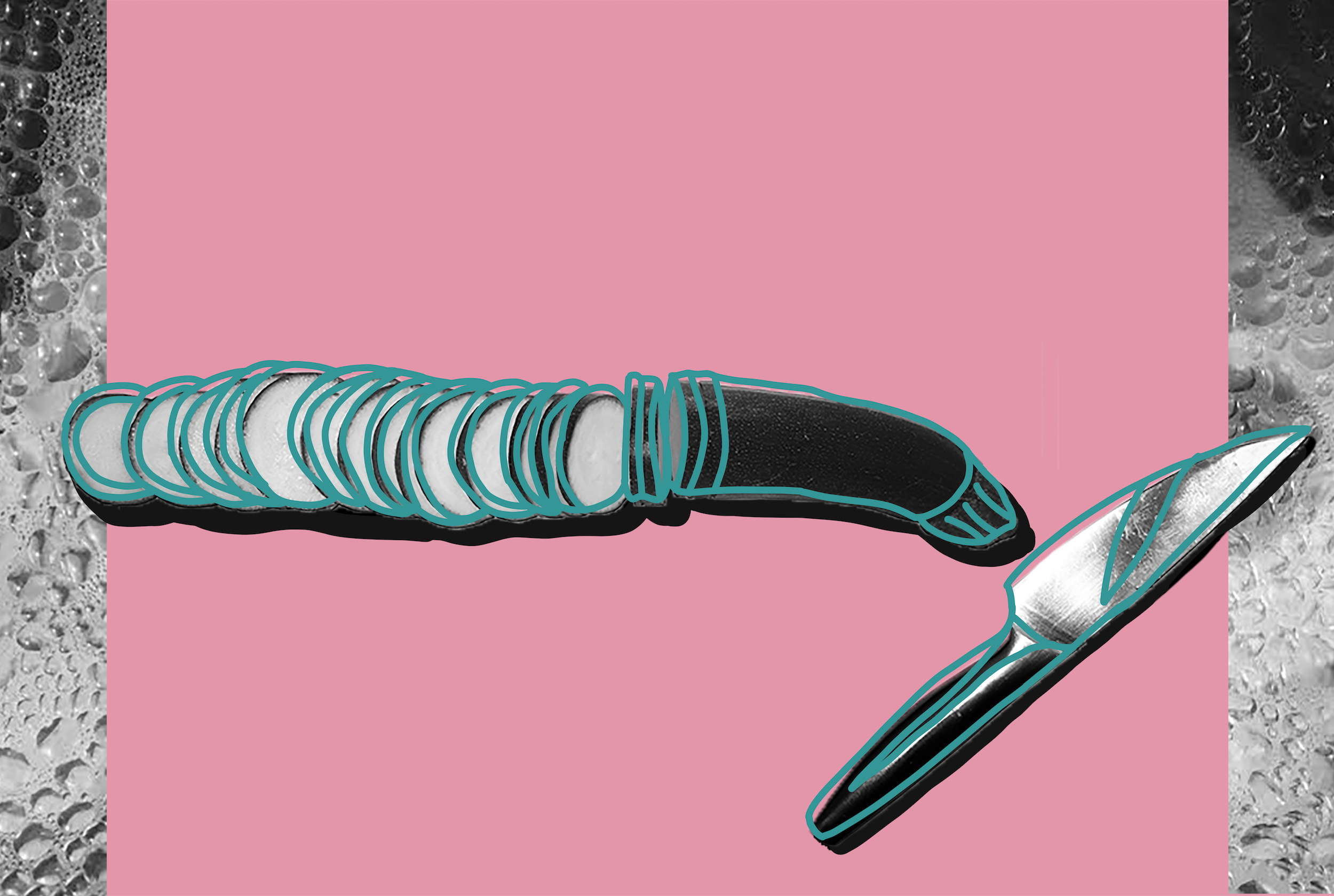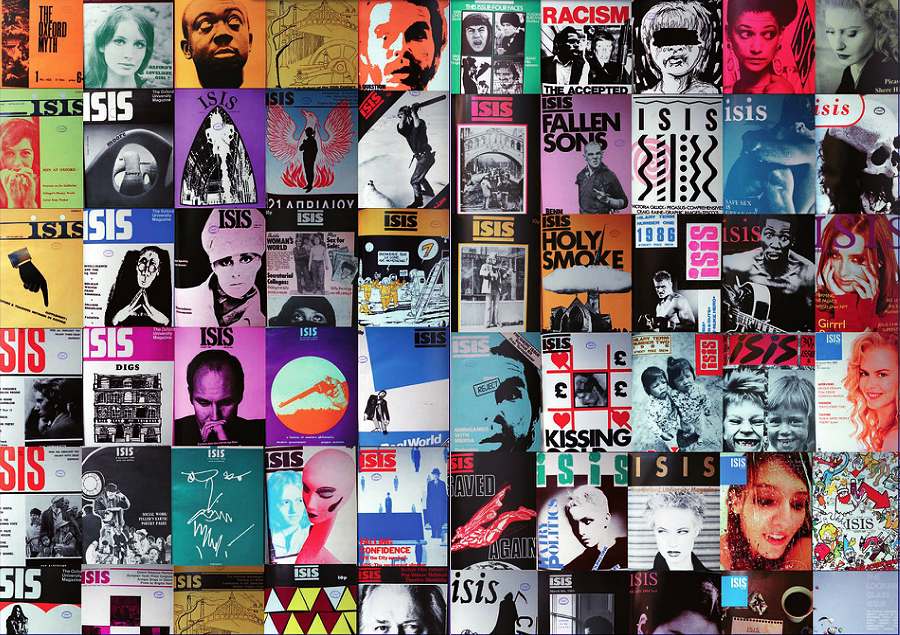
In conversation with: Alec Tiffou, Orli Wilkins and Sonya Luchanskaya

Susie: “Alec, would you say you have a niche as a writer?”
Orli: “Fucked up shiiiiiiit.”
Alec: “Thanks for that, Orli.”
While the King’s Arms is not the most conducive spot to conduct an interview—who would’ve guessed— it feels fitting. It’s around the corner from the Michael Pilch Theatre, (where Moth will be showing until the 22nd), and we were welcomely interrupted by two of its cast members on the way back from rehearsal. It’s a popular spot for after-show bevs and committee socials in the Oxford University Drama Society world. And the bar itself is littered with matchboxes, the titular marketing tool that Sonya and her co-founder, Vasco Faria, have used to promote each of their company’s six shows. Sonya tells me Matchbox started as a drunken discussion in The Victoria smoking area; it’s only right that their interview follows this trend.
I’ve never conducted an interview before, and I’m not sure this technically counts, because the Matchbox team, aside from being my interviewees, are also just my mates: Sonya Luchanskaya (co-founder, producer, and co-director), Alec Tiffou (writer and co-director), and Orli Wilkins (lighting director and co-director). Orli and I met each other on our first OUDS production, and we agreed it was love at first sight. She has been Matchbox’s lighting designer for the majority of their productions, and Alec was last to join the company in Hilary term, when he brought them Daddy Long Legs, (his first ever play, to the surprise of the OUDS scene, given the confidence and seemingly practised skill of the writing.)
Across its six shows, Matchbox has cultivated a reputation for delivering the ‘uneasy’ brilliantly well. Sonya tells me this wasn’t initially intended. Only after Daddy Long Legs did she notice that the “only real thread” is that people leave their plays feeling “disturbed” in some way. I noticed it, however, after their very first project, Love and Money. Sitting in the front row, Isaac Wighton, playing David, held a CD inches from my face, before turning and hurling it onto the back wall. It shattered. The moment stands out now as a symbol of what Matchbox, and Alec, do best: your heart drops and your breath is baited, but they hold you there and refuse to let you breathe. “That’s another thing Alec is really good at—he never falls into the trap of thinking there’s one character who has to redeem the play or that it’s all for a certain reason, he keeps you in it.”
As their confidence grows, so do their technical feats. Sonya points out that while the company doesn’t try to be technically ambitious, she has “always been interested in theatre because of its ability to really disgust” and pursuing this question inevitably leads to experimentation. With each new play, they find new provocative ways to leave its audience on edge. Metamorphosis used binaural sound: each audience member wore a pair of headphones and listened both to recorded sound effects of “buglike noises” (in the words of my friends, ‘ewwww’), and to the actors speaking into a mic on the set. Daddy Long Legs used a revolve to alternate between a glory hole and a confession box, an idea that I’m told was conceived in the KA itself. Manwatching went remarkably far in the other direction. The Pilch was transformed into a bar setting whilst men holding scripts cold-read an anonymous woman’s sexual fantasies. As Alec puts it, the “unexpected has become the expected” because of the company’s knack to always deliver something wonderfully original. Moth, therefore, is a bit of a “double-bluff” in their words—it’s just a play. While Daddy Long Legs was episodic and “edgy from the off”, this is only “a bit edgy”. The ambition here, however, is built into the script: the theme is “more fresh and unexplored” than any of their previous works, so they are rehearsing around the clock (“lowkey too much”) to ensure it’s delivered well.
When I ask if this play is accompanied by more nerves than usual, the answer is a universal yes: “We care more about this one. The actors have to act well, we have to have directed them well.” There is no technical innovation here; the aim is to simply tell a story.
This vulnerability, however, seems innately suited to the play itself. My question:
Alec, do you have a favourite character you’ve written?
Is met with a toss-up between the Priest (Daddy Long Legs) and Luca (Moth). Luca, though, is favoured because it’s “rare that you see a character that’s a bit of a brute” as the lead. Alec says the character reminds him of the ultra masculine characters from his adolescence, yet Luca is also exposed to his younger brother, this “ethereal” creature, in an impossible way, and forced to confront this disjunct between his behaviour and their relationship. Orli points out that Alec “has a real interest in how complicated people can be—he wants people to love his characters but on the surface you should hate them.” His sophomore project is still true to his main interest as a playwright. Orli reckons, when I ask about his niche, that he’s interested in tapping into relationships we normally wouldn’t think twice about: a priest and his interactions, a brotherly connection. With Moth, Alec wanted to shift away from the fast, sharp style he cultivated, and write something “more tender… kind of a love story” but that, true to Matchbox, “felt tense” and complicated.
The idea for Moth was born during Daddy Long Legs itself. Alec first told Sonya after a rehearsal, and Orli at the Manwatching afterparty. Manwatching, Orli tells me, marks the “intentional birth” of their trio as co-directors, alongside their other roles, although she had already effectively been chiming in with her directorial opinion long before:
“I think on Daddy Long Legs, because of how close I am with Sonya, I thought I could just say my piece!”
Even during their first interactions, whilst working on Love and Money, Orli noticed, despite the fact she was ‘just’ the lighting designer, that Sonya and Vasco facilitated a space where she could comment freely on the direction. Milked marked her first actual foray into directing. The fact that they all approach directing from a different theatrical background, however, is their key strength. Sonya, the producer, is so detail-oriented. Alec, as writer, is so attuned to the characters and their portrayal; while Orli, after “years of sitting behind a lighting desk”, is most conscious of how the piece looks to an audience.
I almost regret asking if there have ever been any disagreements:
Orli: “Should we tell her about the one today?”
Alec: “What, when you said that I was lying to myself?”
Orli: “I did NOT say you were lying to yourself, I just said that I think you CONVINCE yourself you can see her face but you can’t see her facial expressions… there’s a DIFFERENCE!”
Most minor disagreements, though, are resolved by a voting system—another benefit to their three-pronged directorial approach. The majority rules when difficult decisions have to be made.
Aside from their creative compatibility, the team was also born purely because of how much these three love working together. When I ask how important their friendship is, the answer is emphatic. “It’s holding the play together.” When you spend this much time together, “it would actually be hell if we didn’t love each other.”
“It still feels right even though we fight all the time,” Orli jokes.
A love story, then, holds up both the play and the team behind it. Thursday’s performance, which I await eagerly, is sold out. Friday 22nd marks the last day of its run, with two performances at 5:30pm and 9:30pm. ∎
Words by Susie Weidmann. Image Courtesy of Orli Wilkins.






